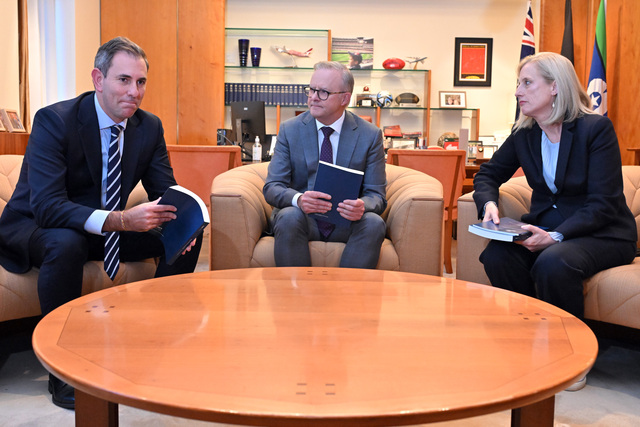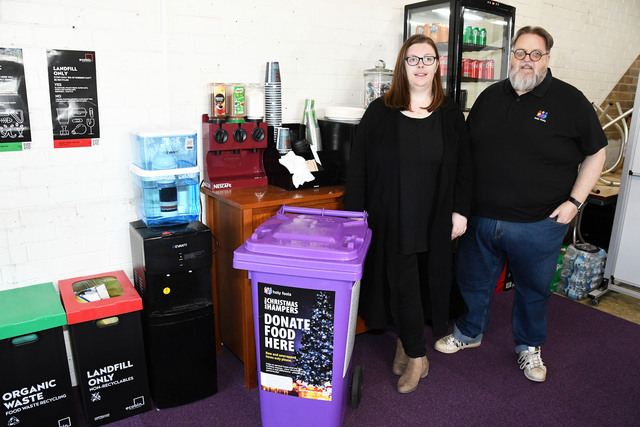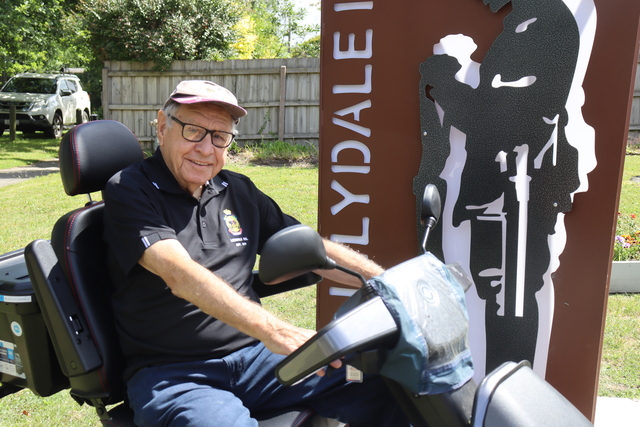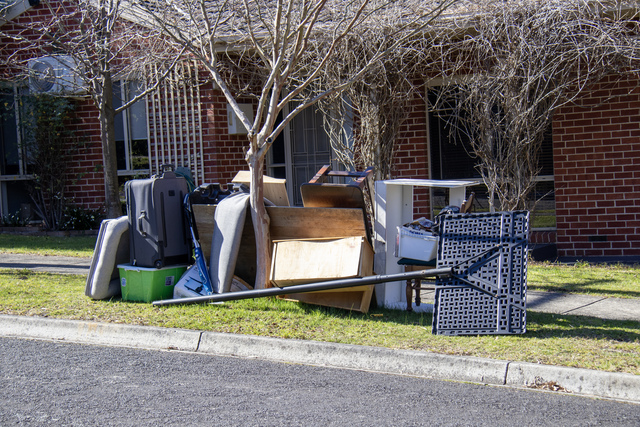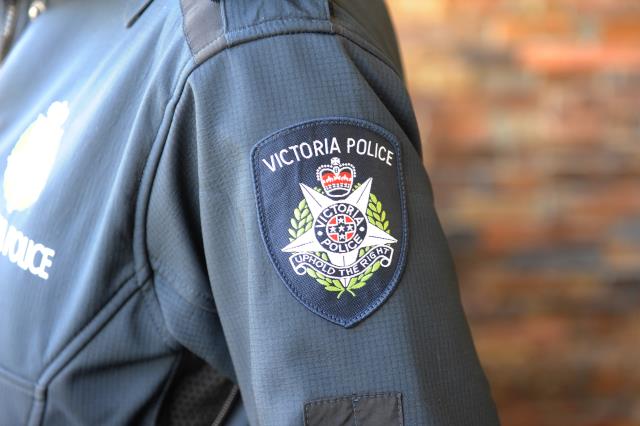The Albanese Labor Government handed down its second successive operating surplus in the Federal Budget on Tuesday 14 May.
Casey MP Aaron Violi shared his thoughts on the budget with the Star Mail and said at a very top-line level, a surplus can look like it’s a good thing.
“But they’ve [the Albanese Government] significantly increased spending at a time when we’re in a high inflation environment and I believe in a high inflation cost of living crisis, any support for families in Casey is important because people are doing it so tough,” he said.
“But the reality is, for the last three budgets, this Treasurer and this Prime Minister have missed the mark, they’re treating the symptoms, not the cause of the challenge we face in high inflation.”
The underlying cash balance for Australia is forecast to be $9.3 billion for 2023-34, despite predicting a $1.1 billion dollar deficit in the Mid-Year Economic and Fiscal Outlook (MYEFO) released in December 2023.
Treasurer Jim Chalmers MP said in a press conference at Parliament House that this is a budget about near‑term pressures and long‑term priorities.
“It’s a responsible budget which eases cost of living, fights inflation and makes really important investments in the future of our economy,” he said.
“It is equal parts relief, restraint and reform; cost‑of‑living relief and spending restraint, which is expected to deliver a second surplus, and also reform and renewal to make sure that we’re getting our industrial base right to create good, secure, well‑paid jobs into the future.”
This year’s budget marks the first back-to-back surpluses in Australia in over two decades, though Treasury predicts this to be followed by large deficits over the next decade including predicted deficits of $28.3 and $42.8 billion in the next two years. These deficits are greater than previously anticipated in the MYEFO which Minister for Finance Katy Gallagher has claimed is due to ‘unavoidable spending’ on operational costs and renewing expiring government programs and initiatives.
In a press conference, Shadow Treasurer Angus Taylor said what we need is a structural surplus, not a windfall surplus.
“It’s all well and good to see the biggest increase in personal income taxes we’ve seen for a long, long time, 23 per cent in two years, that’s 23 per cent in personal income taxes being paid by Australians in two years, that’s robbing Peter to pay Paul where Paul’s the government,”
“If you want to beat inflation, you’ve got to do what every household in Australia is doing right now, which is showing restraint, Australians understand that.”
Despite their disagreements, the Government and the Opposition have agreed upon a few budget measures with the aim of easing the pinch on Australian households, namely the energy credit for every household, increased rent assistance, capped Pharmaceutical Benefits Scheme (PBS) medicine prices and changes to HECS debt indexation.
Opposition Leader Peter Dutton told the ABC’s AM program that the Coalition will support those measures.
“We’ll support those measures because I think a lot of Australians are hurting a lot more than what we might realise at the moment,” he said.
Mr Violi wasn’t entirely as supportive of all the cost of living measures announced in the budget, indicating the relief could have been more targeted.
“Australian people and people in Casey have a right to ask why this [energy bill] rebate of $300 is going to billionaires and millionaires, in what world does Clive Palmer need an extra $300 of taxpayer money,” he said.
“Very similar to the overall budget, it’s [the increase to Commonwealth Rent Assitance] is treating the symptoms, not the causes and the cause is there is not enough houses and not enough available for rent, so prices are getting pushed up,”
“I’ve heard the government call it [HECS debt indexation changes] cost of living relief, but let’s be clear, it’s not, because the weekly and monthly payments on the HECS is the same, it’s just reducing the overall amount which is a positive move, but if inflation didn’t bring the indexation to 7.1 per cent, it might not have been needed.”
The Australian Government’s budget outlook estimates its cost of living measures will directly reduce headline inflation by half of a percentage point in 2024–25 and may see headline inflation return to the target band of 2 to 3 per cent by the end of 2024, currently sitting at 3.6 per cent at the end of the March 2024 quarter.
Mr Violi did have some support for budget expenditure in the areas of defence, health and migration.
“We need to make sure that we have a strong defence system and the best form of defence is deterrence, so investing more in our defence forces is crucial. To say that increase is good, we will need to await a bit more detail, understand what’s been funded and where it’s going to be spent but I think any increase in defence is important in the current environment,” he said.
“I’ve always been a strong advocate for a strong healthcare system and making sure that those in my community can get access to the healthcare that they need, so I’ll have a look at the detail, but anything that makes it easier for residents in Casey to get to the doctor, to get their medicines cheaper or to get access to a hospital, I’ll support,”
“With the pressure on infrastructure, we need to look at the migration numbers, but be very careful in how we do it, we need skilled migration and targeted migration to unblock some of the labour supply challenges we have but at the same time getting that right while investing in infrastructure for these people is important.”

